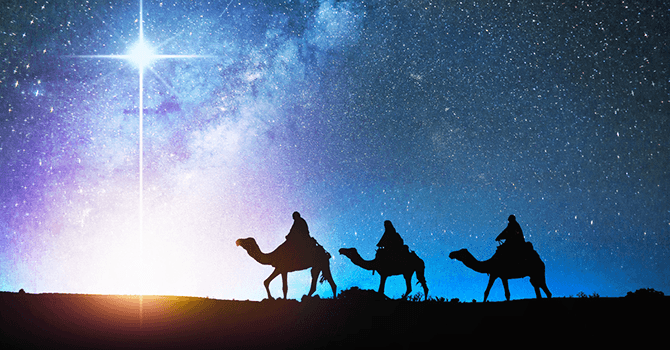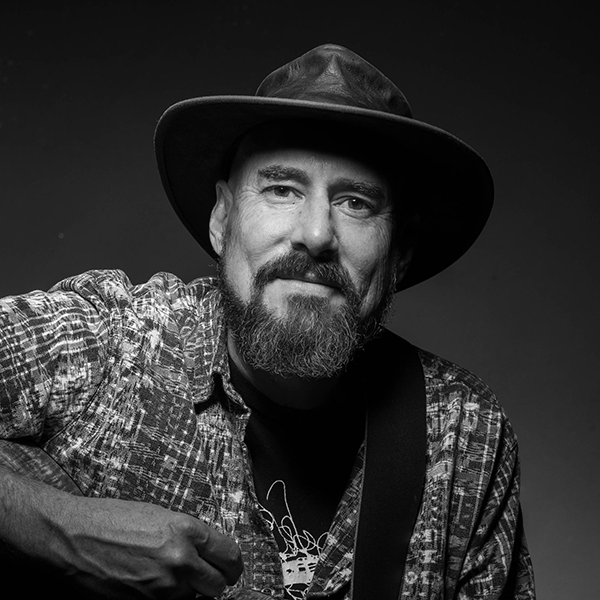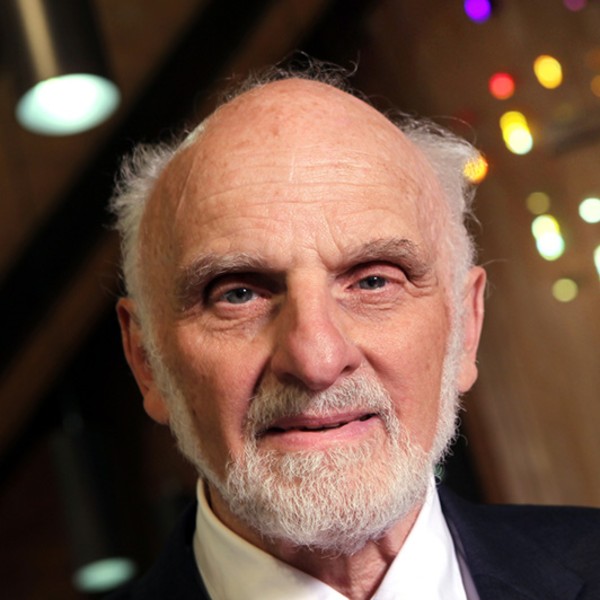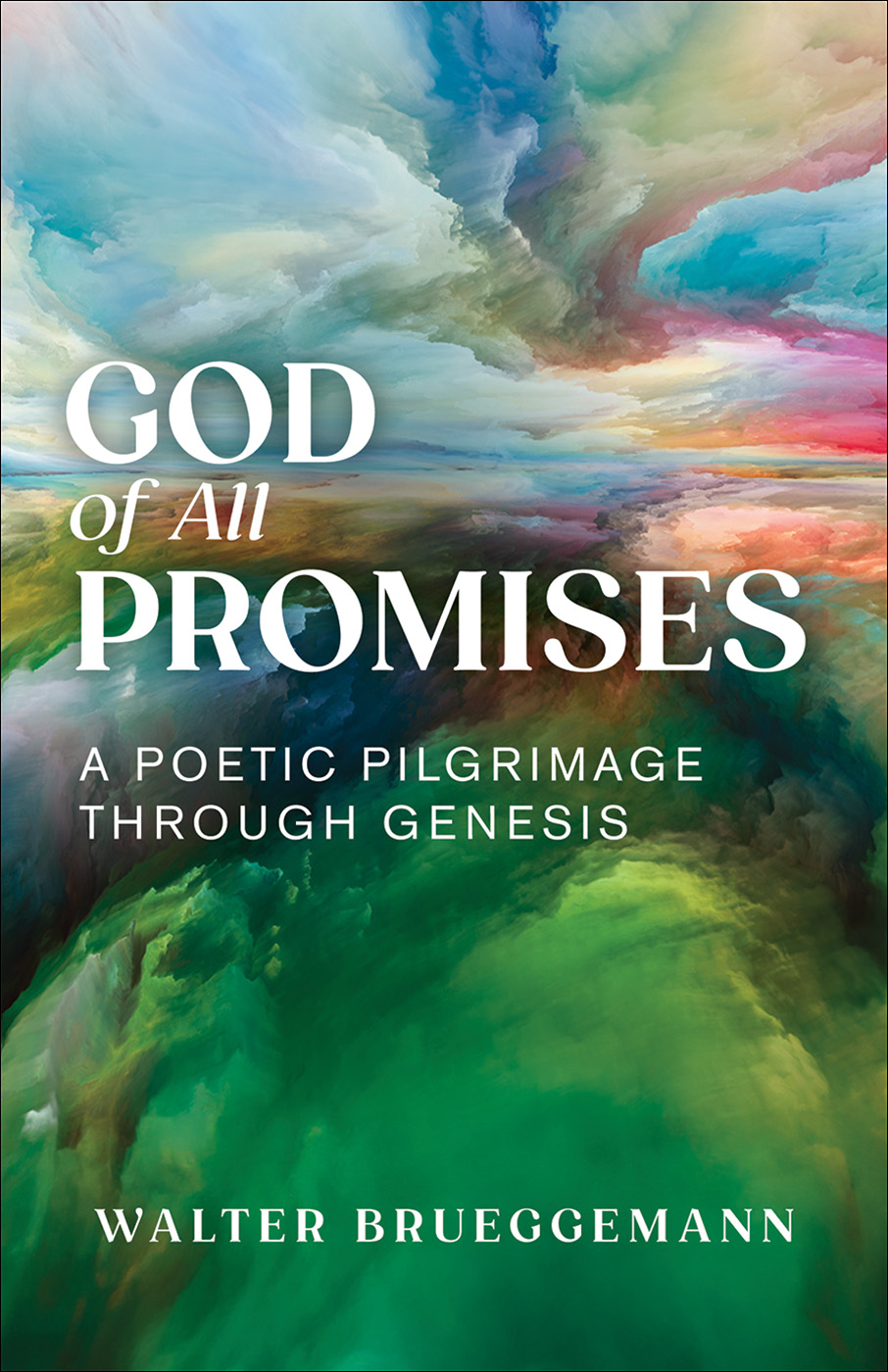“And the star, which they had seen in the east, went on before them until it came and stood over the place where the Child was” (Matthew 2:9 NASB).
We forget that the wise men were not Jews. We do not know how they knew of this King, why they trusted the science of their astronomy to follow the revealed star, or why God would speak to them in their dreams.
All we know is that upon seeing the star stopped over the place where the Christ lay, they made a choice: they “rejoiced exceedingly with great joy … and worshiped Him” (Matthew 2:10-11).
This mystery suggests that “the Lord is near to all who call upon Him, to all who call upon Him in truth” (Psalm 145:18). This psalm is the basis for Ashrei, the Jewish prayer that speaks to God’s timeless sovereignty over, and mercy and justice toward, all people -- even wise men who study the stars.
It was no mystery to Jesus, who when clearing the temple cited Isaiah: “My house shall be called a house of prayer for all the nations” (Mark 11:17; see Isaiah 56:7). And no mystery to the apostle Paul, who understood Jesus as “before all things” and in whom “all things hold together” (Colossians 1:17).
“All” is a pretty important word to the Messiah who told the story of a shepherd leaving 99 sheep in the open pasture to find the missing one.
But “all” is not a word we hear often in America. Instead, we Christians often find ourselves pitted against one another in partisan politics. And even worse, we too often find our identity in our politics. We qualify our faith as “patriotic” or “progressive,” unaware of the hypocrisy and heresy that we practice.
So how do we move from the idolatry of our ideologies back to our identity in Christ?
To start, we might take some temporary comfort that our behavior is not unique. In his 1976 commentary on Micah, Leslie C. Allen observes that there was “little sign of the fellowship of the covenant being worked out in the community.” There was a divide between “creed and conduct,” Allen says. We are not the first generation to confuse faith with religion, as Christ reminds us in Matthew 23.
Micah, of course, prophesied Bethlehem as the birthplace of a new covenant (Micah 5:2), of an incarnational King who would issue an inclusive invitation to all peoples based on his exclusive claim as “Lord of all the earth” (Micah 4:13), sent to restore its wholeness.
When Jesus was baptized, we are told, the heavens were ripped open, becoming one with the earth. When Jesus was crucified, the veil of the holy of holies was forever torn, no longer separating sacred and secular ground. And when Jesus gave the Great Commission, he first reminded his disciples that “all authority has been given to Me in heaven and on earth” (Matthew 28:18).
Jesus is already at work for all people, asking us to come alongside him, in all things, in every vocation and location.
And if he is “Lord of all the earth,” then our politics is another opportunity to demonstrate his love for all the peoples of all the world.
Doing his will, on earth as it is in heaven, requires that we, too, live incarnationally. Doing his will attests that the more we love all of those made in his image, the more we transform into his likeness. But these words are easier said than done.
Do you remember the ethnicity of the man helped by the good Samaritan on the road to Jericho?
It’s a trick question. We don’t know, because Jesus doesn’t tell us. And he doesn’t tell us because it doesn’t matter.
What Jesus does tell us, however, is the ethnic identity of the one most like him in the story -- the Samaritan. It was the despised Samaritan who chose to do Christ’s work. Jesus used the divisive politics of his own times to demonstrate how following him brings unity.
In John 4, when Jesus “had to pass through Samaria,” he lived the parable of the good Samaritan by showing love to the Samaritan woman. In so doing, he discipled his followers -- and continues to disciple us now -- setting an example that transcends ethnic identity.
Christ offers us the same opportunity that he offered the wise men of unknown ethnicity: the choice to rejoice and worship him.
In this Advent season, we must renew our incarnational identity as a covenantal community, loving those who are loved by Christ -- that is, everyone.














